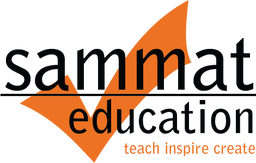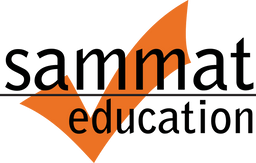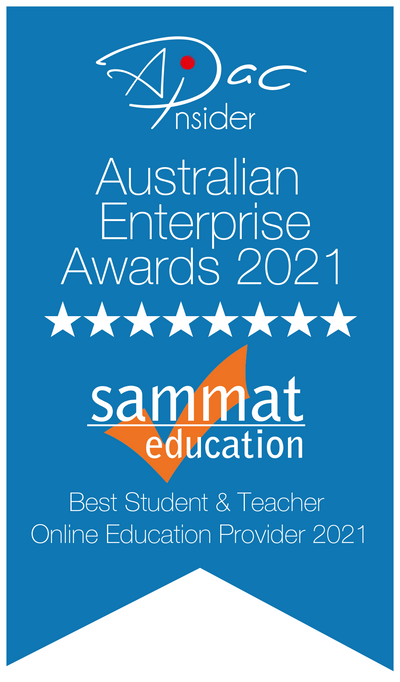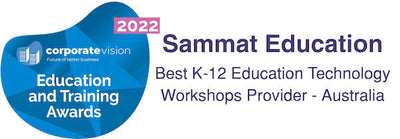

The Invent To Learn Guide To Fun
$25.00 ex GST
The Invent To Learn Guide to Fun Classroom Technology Projects features an assortment of insanely clever classroom-tested "maker" projects for learners of all ages.
Josh Burker kicks classroom learning-by-making up a notch with step-by-step instructions, full-colour photos, open-ended challenges, and sample code. Learn to paint with light, make your own "Operation Game," sew interactive stuffed creatures, build "Rube Goldberg" machines, design artbots, produce mathematically generated mosaic tiles, program adventure games, and more!
Your MaKey MaKey, LEGO, old computer, recycled junk, and 3D printer will be put to good use in these fun and educational projects. With The Invent To Learn Guide to Fun in hand, kids, parents, and teachers are invited to embark on an exciting and fun learning adventure!


Invent To Learn: Making, Tinkering, and Engineering in the Classroom
$40.86 ex GST
Invent To Learn: Making, Tinkering, and Engineering in the Classroom - Join the maker movement!
There’s a technological and creative revolution underway. Amazing new tools, materials and skills turn us all into makers. Using technology to make, repair or customise the things we need brings engineering, design and computer science to the masses. Fortunately for educators, this maker movement overlaps with the natural inclinations of children and the power of learning by doing. The active learner is at the centre of the learning process, amplifying the best traditions of progressive education. This book helps educators bring the exciting opportunities of the maker movement to every classroom.
Children are natural tinkerers
Their seminal learning experiences come through direct experience with materials. Digital fabrication, such as 3D printing and physical computing, including Arduino, MaKey MaKey and Raspberry Pi, expands a child’s toy and toolboxes with new ways to make things and new things to make. For the first time ever, childhood inventions may be printed, programmed or imbued with interactivity. Recycled materials can be brought back to life. While school traditionally separates art and science, theory and practice, such divisions are artificial. The real world just doesn’t work that way! Architects are artists. Craftsmen deal in aesthetics, tradition and mathematical precision. Video game developers rely on computer science. Engineering and industrial design are inseparable. The finest scientists are often accomplished musicians.
The maker community brings children, hobbyists and professionals together in a glorious celebration of personal expression with a modern flare. When 3-D printing, precision cutting, microcomputer control, robotics and computer programming become integral to the art studio, auto shop or physics lab, every student needs access to tools, knowledge and problem solving skills. The maker movement not only blurs the artificial boundaries between subject areas, it erases distinctions between art and science while most importantly obliterating the crippling practice of tracking students in academic pursuits or vocational training. There are now multiple pathways to learning what we have always taught and things to do that were unimaginable just a few years ago.
Making for every classroom budget
Even if you don’t have access to expensive (but increasingly affordable) hardware, every classroom can become a makerspace where kids and teachers learn together through direct experience with an assortment of high and low-tech materials. The potential range, breadth, power, complexity and beauty of projects has never been greater thanks to the amazing new tools, materials, ingenuity and playfulness you will encounter in this book. In this practical guide, Sylvia Martinez and Gary Stager provide K-12 educators with the how, why, and cool stuff that supports classroom making.
